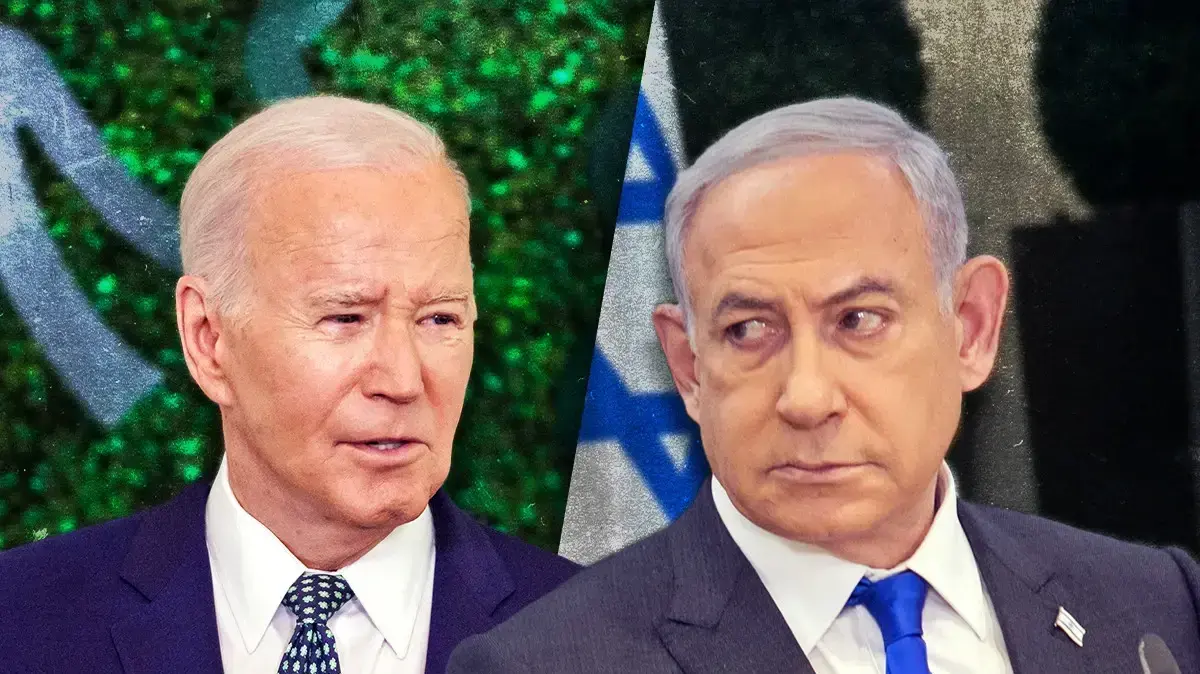The ongoing conflict between Israel and Hezbollah has intensified dramatically since October 7th, with both sides escalating their attacks. The Biden administration has been keenly involved in diplomatic efforts to prevent a further escalation, warning Israel against any ground invasion into Lebanon due to the risk of regional instability and potential Iranian intervention.
Tensions have been steadily rising along the Israel-Lebanon border, with more than 60,000 Israelis evacuated from the region. The increased range of Hezbollah's attacks, including the use of drones and Burkan rockets, has led to significant destruction and a high state of alert within the IDF. This conflict is further complicated by the Biden administration's insistence on a ceasefire in Gaza before addressing border tensions.
The situation on the ground has been grim for civilians, particularly in southern Lebanon. Mohammad Hammud, a resident of Hula, recounted a harrowing experience where his home was engulfed in flames following an Israeli bombardment, believed to involve white phosphorus. Such incidents have raised significant humanitarian concerns, with Human Rights Watch and Amnesty International condemning the use of white phosphorus as potentially constituting war crimes.
Reports indicate that since October, at least 178 people in southern Lebanon have suffered from chemical exposure, attributed to white phosphorus. The international community, including the US, has taken notice, with diplomatic efforts intensifying to halt the violence and address the humanitarian crisis. The use of white phosphorus has not only impacted civilians directly but has also caused widespread environmental damage, affecting agriculture and leading to severe public health issues.
At an emergency War Cabinet meeting in Israel, the IDF presented various options for expanding their military operations, yet no definitive actions were decided. The potential consequences of any intensified military action are significant, with substantial risks to both human life and resources. The ongoing conflict underscores the urgent need for a diplomatic resolution to prevent further loss and instability in the region.
- The US and France have been particularly active in seeking diplomatic resolutions, aiming to de-escalate tensions before they spiral into a larger regional conflict. Both nations believe that a broader ceasefire in Gaza is paramount to restoring any semblance of peace along the Israel-Lebanon border.
- State Department spokesman Matthew Miller emphasized that the preferred solution to the conflict, as expressed by Israel, is through diplomatic means. This stance is crucial in avoiding a full-blown war that could have 'enormous consequences' for Israel and the wider region.
- Lebanon has officially lodged a complaint with the United Nations, accusing Israel of violations of international law through its use of white phosphorus. This complaint highlights the severe impact on civilians and the environment, calling for immediate international attention and action.






